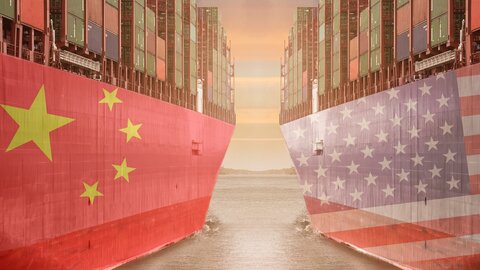During a recent stop in Pennsylvania, US Trade Representative Katherine Tai was asked by Eric Martin of Bloomberg about the Biden administration’s decision to continue and expand tariffs on Chinese goods imposed under President Trump. She replied that the tariffs remain in place because “… we really haven’t seen the PRC (People’s Republic of China) make any changes to fundamental systemic structural policies that would make sense for us to provide any relaxation” and that the tariffs could provide leverage in some future, unspecified negotiation with the Chinese.
In 2018, the Trump administration issued its Section 301 report on Chinese trade and investment practices. Though flawed in certain respects, the lengthy report documented a litany of legitimately concerning policies employed by the Chinese government in pursuit of its 21st-century high-tech mercantilist agenda, which burden American commerce and hurt American workers. Based on the report’s findings, the Trump administration imposed a series of heavy tariffs that they claimed would force Beijing to make structural changes to its international trade and investment practices.
Over the last six-plus years, those tariffs have imposed significant costs on Americans as Cato scholars have repeatedly highlighted. Perhaps those costs could be justified if the tariffs had forced a wholesale reorientation of Chinese economic policies.
Instead, Americans have the worst of both worlds: tariffs continue to harm American firms and families while Beijing’s abusive practices continue largely unabated as Ambassador Tai and others—like the US-China Economic and Security Review Commission—acknowledge.
After more than six years of costly failure, the United States needs a different approach. The World Trade Organization’s (WTO) dispute settlement system needs to be reinvigorated, but when operational offers a forum to hold Beijing accountable for violating its WTO commitments as Cato analysis has shown. Likewise, rejoining the Trans-Pacific Partnership can raise commercial standards—and help offset China’s gravitational pull in the Pacific region—by establishing a large trading bloc of countries committed to high-quality, rules-based trade and investment practices.
Ultimately, Washington’s ability to force wholesale changes onto the Chinese economy is limited. Instead, growth should be the north star of US economic policy vis-à-vis China and policymakers should trust the United States’ traditional strengths: a commitment to the rule of law, openness to international trade and immigration, and dedication to dynamic, market-based innovation.

